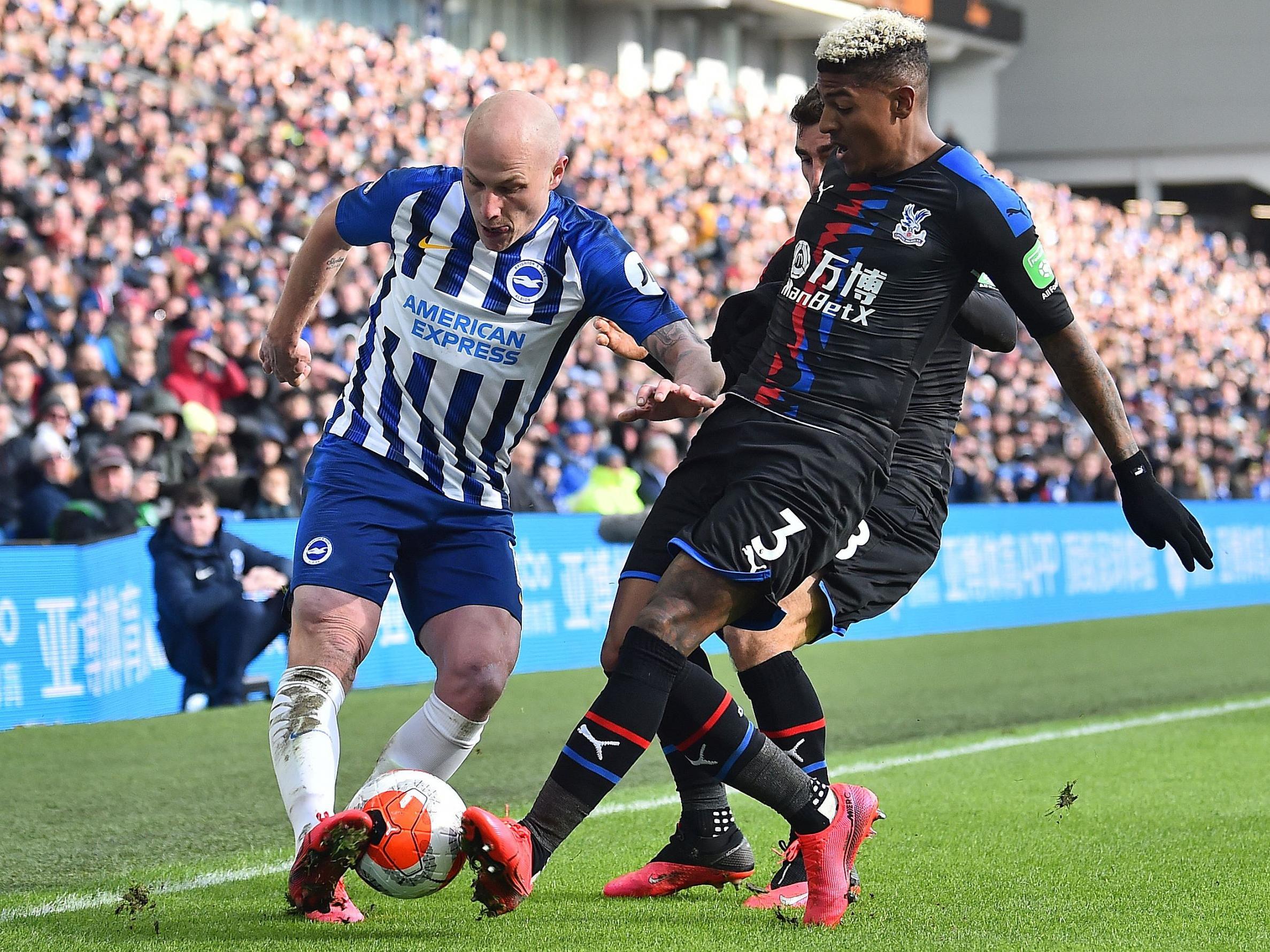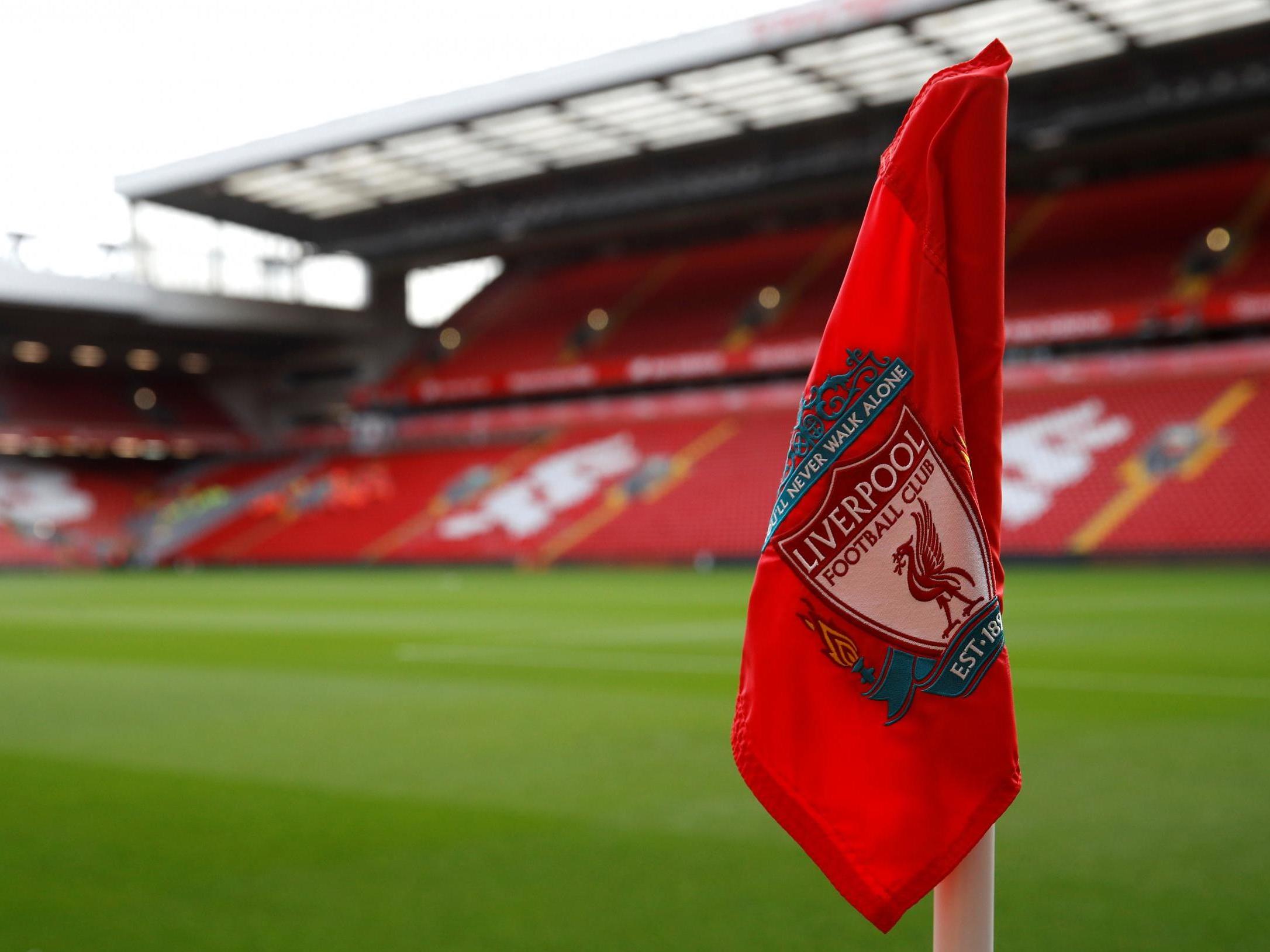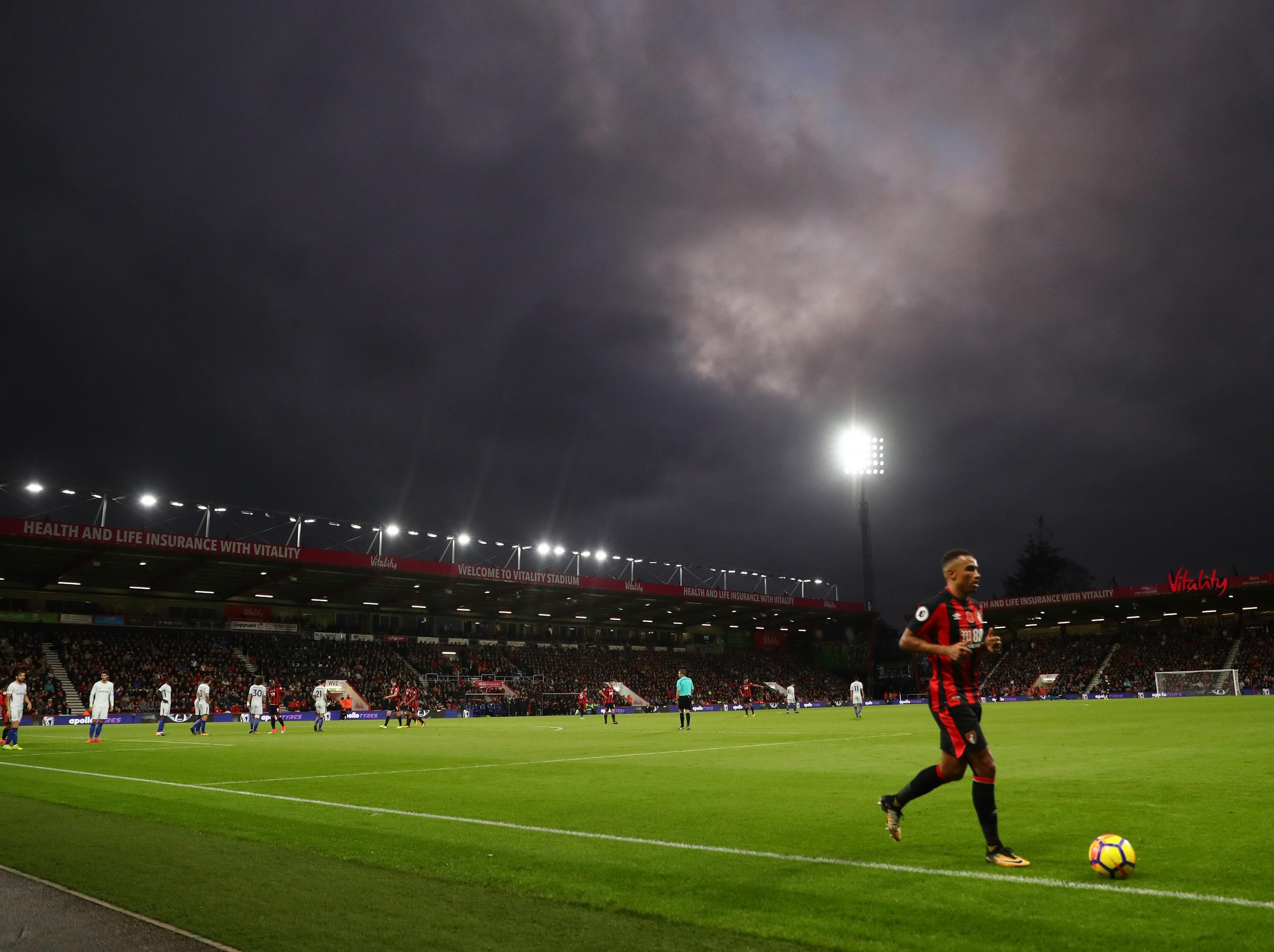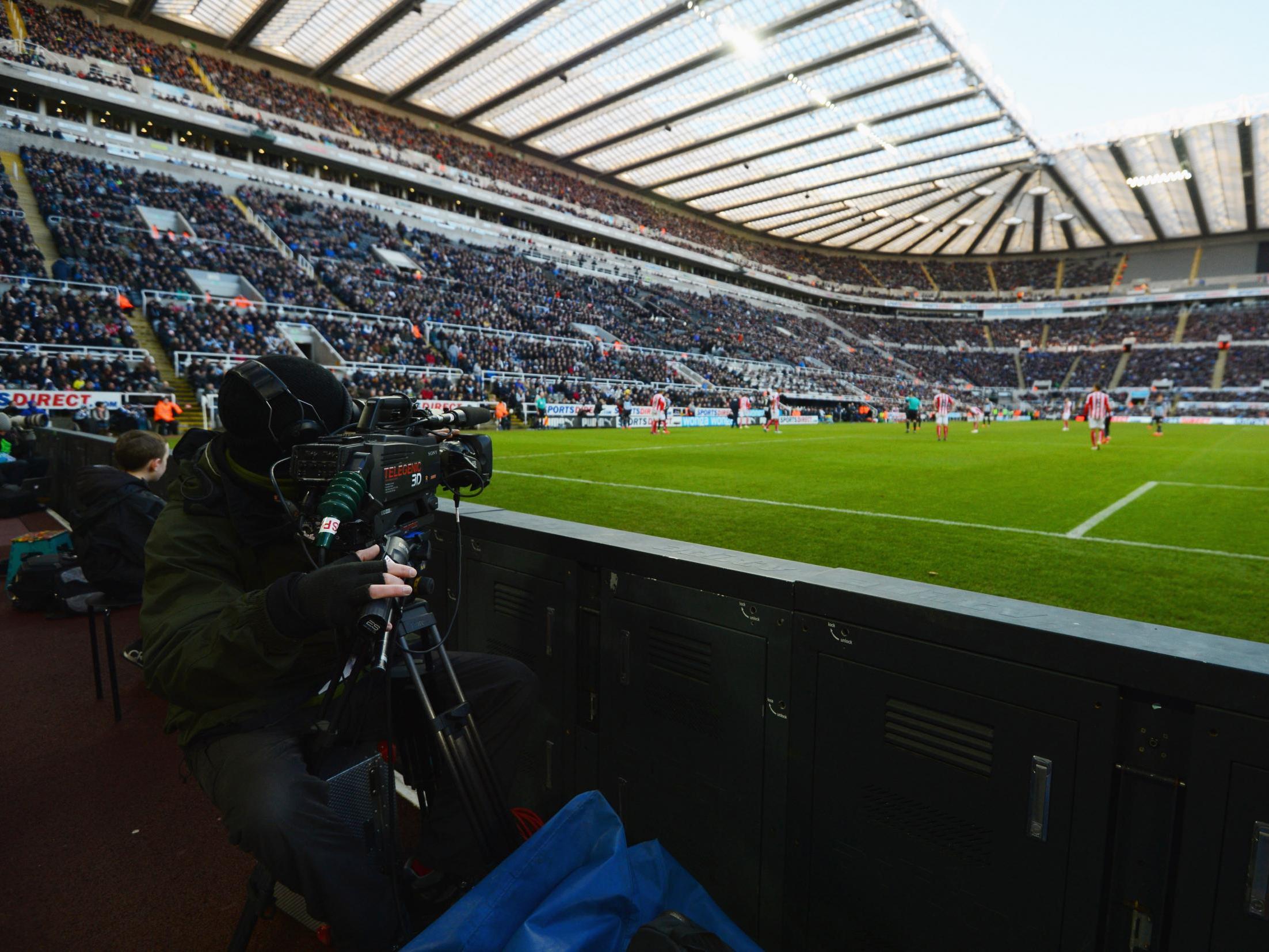When is the Premier League back, will they use neutral venues and will games be on TV for free?
Clubs have finally agreed a solution that will see the 2019/20 season resume

Your support helps us to tell the story
From reproductive rights to climate change to Big Tech, The Independent is on the ground when the story is developing. Whether it's investigating the financials of Elon Musk's pro-Trump PAC or producing our latest documentary, 'The A Word', which shines a light on the American women fighting for reproductive rights, we know how important it is to parse out the facts from the messaging.
At such a critical moment in US history, we need reporters on the ground. Your donation allows us to keep sending journalists to speak to both sides of the story.
The Independent is trusted by Americans across the entire political spectrum. And unlike many other quality news outlets, we choose not to lock Americans out of our reporting and analysis with paywalls. We believe quality journalism should be available to everyone, paid for by those who can afford it.
Your support makes all the difference.The Premier League will resume the 2019/20 season on 17 June.
The sport, like almost every other, has been shut down indefinitely in the wake of the coronavirus pandemic with discussions taking place ever since between clubs, leagues and the government over if and when play can resume.
Following latest government guidelines issued as part of Prime Minister Boris Johnson’s roadmap out of lockdown, the Football Association then told the Premier League clubs that the season must be settled by “sporting merit”.
It meant that issues like relegation or the title must be settled by either playing the remaining fixtures, or by a formula like points-per-game. Voiding the season altogether is completely off the table.
Clubs voted unanimously for players to return to contact training as the resumption of football edged closer before they finally came to an agreement on when to return to the field.
Here’s everything you need to know:

When will the Premier League be back?
The Premier League will return on 17 June after lengthy negotiations between clubs.
After early struggles plans to restart the season accelerated later in the process with the vast majority of players now comfortable with the health and safety protocols that are set to be in place.
Clubs were happy to restart the 2019/20 campaign on 20 June but with two games 'in hand' still outstanding they will take precedence.
Manchester City vs Arsenal and Aston Villa vs Sheffield United will kick off the restarted season on Wednesday 17 June.
Will the games be behind closed doors?
Yes. The government guidelines stated that step two of the roadmap, which cannot begin any earlier than 1 June, includes “permitting cultural and sporting events to take place behind closed-doors for broadcast, while avoiding the risk of large-scale social contact”.
For the Premier League, that will mean no supporters allowed in stadiums for the remainder of the season at least.
In all likelihood that particular measure could stretch on for much longer.

Will it be held at neutral venues?
This remains the most contentious of the issues still on the table. Police advice has been that neutral venues should be used as the host stadiums for the remaining matches to minimise the chances of fans congregating outside.
However, a growing number of clubs are against this idea with the bottom six in particular eager not to lose home advantage in their battle against relegation.
The Premier League are open to putting that suggestion to the government with more developments likely.
There is also the possibility of a 'hybrid model' where games of high-importance are played in neutral venues with other, lower profile contests are played at the usual stadiums.
What if a player tests positive?
The Premier League have addressed the issue of a positive test and insist that should any player contract Covid-19 that wouldn’t necessarily mean their whole squad would have to go into quarantine.
Chief executive Richard Masters said: “With regards to our back-to-training protocols, if a player tests positive, providing that player has been socially distanced as anticipated in these protocols, that player would be isolated for a period but there would be no need for the rest of the group to be, because they’ve been socially distanced.”
Tests will be conducted on 40 players and staff per club and will be undertaken twice weekly. The first round of these tests, totalling 748, returned six positive results.

Will there be promotion and relegation?
Yes. The clubs have been told that the league must be decided on “sporting merit”, whether that be on the pitch or via a mathematical equation (more on that later). That also means that taking relegation off the table, as was mooted initially by some clubs, is a non-starter.
Who will win the title?
The season will be completed one way or another meaning suggestions of making the campaign null and void can be put to bed.
Liverpool, who are 25 points clear at the top of the table, require just two wins to clinch a first title in 30 years.
They will almost certainly now do so, either on the pitch or via a method of determining the final placings should playing the season out not be possible.

What about the Champions League?
The top four will still qualify for the Champions League with Uefa indicating they have no plans to amend qualification criteria for Europe’s top competition.
As things stand that will see Liverpool, Manchester City, Leicester and Chelsea qualify.
However, there is still the small matter of City’s European ban to contend with, of course.
Should their appeal to the Court of Arbitration for Sport fail, then the 5th placed finisher, currently Manchester United, would take their place.
Will the games be on TV?
The remaining 92 matches of the Premier League season will all be available to watch live on television, it has been confirmed.
All the remaining fixtures will be televised across Sky Sports, BT Sport, BBC and Amazon Prime with supporters not allowed to return to stadiums for the foreseeable future.
Premier League Chief Executive Richard Masters said: “The Premier League and our clubs are proud to have incredibly passionate and loyal supporters. It is important to ensure as many people as possible can watch the matches at home.
“We will continue to work step-by-step and in consultation with all our stakeholders as we move towards resuming the 2019/20 season.”
The weekend schedule will see games on Friday and Monday evenings as well in four time slots on Saturdays and Sundays.
Midweek matches will be played on Tuesdays, Wednesdays and Thursdays with two kick-off slots each.
The BBC will show four live games, the first time the broadcaster has ever televised a Premier League game live since its inception in 1992.

What about training?
All clubs have voted unanimously for players to return to contact training with sessions involving larger groups training together now able to take place.
That followed positive feedback on the plans from players and managers at a number of meetings between parties.
The protocols have not yet been published yet but the Premier League's plans were based on government guidelines published by the Department for Digital, Culture, Media and Sport earlier in May.
The contact training protocols from DCMS recommend contact being gradually built up, first among clusters of two to three players, increasing to groups of four to 12 players before ultimately a return to full team training.
It also recommends meticulous record-keeping of any close contact - defined as anything which occurs within the two-metre social distancing boundary - so that in the event of a positive test, contacts can easily be traced.
Phase three, the final stage, would then see clubs able to stage near to normal sessions.
What’s happening with player contracts?
The situation over contracts had proven a headache in talks because if left as it is it would have meant up to a fifth of the Premier League’s players could have been out of contract – and thereby free agents – in the middle of a possible run-in.
The Premier League have agreed a solution, however, with clubs and players now able to agree extended contracts beyond 30 June and until the end of the 2019/20 season, whenever that may be.
What if they can’t finish the season?
This remains the last resort but has been discussed by Premier League clubs.
If the season cannot be completed then a points-per-game formula is most likely to be used to determine the final finishing positions.
However, much will depend on which PPG model is used.
If it is done on purely points-per-game, for example, Bournemouth would be relegated.
If weighted points-per-game – an extrapolation of home and away fixtures – is used, then West Ham United would go down.
The latter model could also see rivals Tottenham Hotspur and Arsenal switch places.
Join our commenting forum
Join thought-provoking conversations, follow other Independent readers and see their replies
Comments